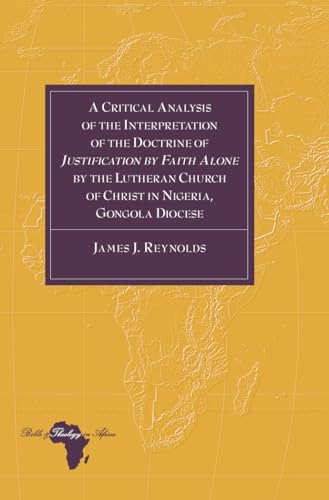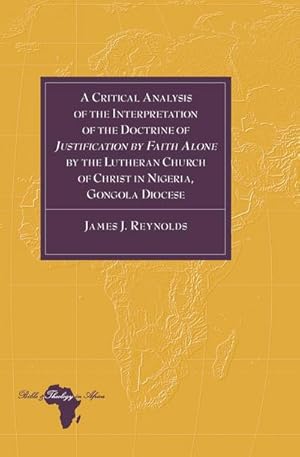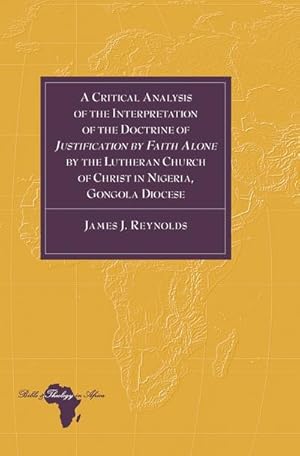critical analysis interpretation doctrine von reynolds james (5 Ergebnisse)
Suchfilter
Produktart
- Alle Product Types
- Bücher (5)
- Magazine & Zeitschriften (Keine weiteren Ergebnisse entsprechen dieser Verfeinerung)
- Comics (Keine weiteren Ergebnisse entsprechen dieser Verfeinerung)
- Noten (Keine weiteren Ergebnisse entsprechen dieser Verfeinerung)
- Kunst, Grafik & Poster (Keine weiteren Ergebnisse entsprechen dieser Verfeinerung)
- Fotografien (Keine weiteren Ergebnisse entsprechen dieser Verfeinerung)
- Karten (Keine weiteren Ergebnisse entsprechen dieser Verfeinerung)
- Manuskripte & Papierantiquitäten (Keine weiteren Ergebnisse entsprechen dieser Verfeinerung)
Zustand Mehr dazu
- Neu (3)
- Wie Neu, Sehr Gut oder Gut Bis Sehr Gut (1)
- Gut oder Befriedigend (1)
- Ausreichend oder Schlecht (Keine weiteren Ergebnisse entsprechen dieser Verfeinerung)
- Wie beschrieben (Keine weiteren Ergebnisse entsprechen dieser Verfeinerung)
Einband
- alle Einbände
- Hardcover (5)
- Softcover (Keine weiteren Ergebnisse entsprechen dieser Verfeinerung)
Weitere Eigenschaften
- Erstausgabe (Keine weiteren Ergebnisse entsprechen dieser Verfeinerung)
- Signiert (Keine weiteren Ergebnisse entsprechen dieser Verfeinerung)
- Schutzumschlag (Keine weiteren Ergebnisse entsprechen dieser Verfeinerung)
- Angebotsfoto (2)
Sprache (1)
Preis
- Beliebiger Preis
- Weniger als EUR 20 (Keine weiteren Ergebnisse entsprechen dieser Verfeinerung)
- EUR 20 bis EUR 45
- Mehr als EUR 45
Gratisversand
- Kostenloser Versand nach USA (Keine weiteren Ergebnisse entsprechen dieser Verfeinerung)
Land des Verkäufers
Verkäuferbewertung
-
A Critical Analysis of the Interpretation of the Doctrine of Justification by Faith Alone by the Lutheran Church of Christ in Nigeria, Gongola Diocese (21) (Bible and Theology in Africa)
Anbieter: Cotswolds Rare Books, OXFORDSHIRE, Vereinigtes Königreich
EUR 23,03
EUR 22,54 für den Versand von Vereinigtes Königreich nach USAAnzahl: 1 verfügbar
In den WarenkorbHardcover. Zustand: As New. As brand new.
-
A Critical Analysis of the Interpretation of the Doctrine of «Justification by Faith Alone» by the Lutheran Church of Christ in Nigeria, Gongola Diocese (Bible and Theology in Africa)
Verlag: Peter Lang Inc., International A, 2015
ISBN 10: 1433128055 ISBN 13: 9781433128059
Sprache: Englisch
Anbieter: Books From California, Simi Valley, CA, USA
Hardcover. Zustand: Good. Cover and edges show heavy shelf wear. Pages are clean and intact. Has some minor dirtiness on the outside. There is some slight dirtiness on the textblock/fore edge from handling.
-
A Critical Analysis of the Interpretation of the Doctrine of Justification by Faith Alone by the Lutheran Church of Christ in Nigeria, Gongola Diocese
Verlag: Peter Lang Publishing Inc, 2015
ISBN 10: 1433128055 ISBN 13: 9781433128059
Sprache: Englisch
Anbieter: PBShop.store UK, Fairford, GLOS, Vereinigtes Königreich
EUR 73,36
EUR 4,71 für den Versand von Vereinigtes Königreich nach USAAnzahl: 15 verfügbar
In den WarenkorbHRD. Zustand: New. New Book. Shipped from UK. Established seller since 2000.
-
A Critical Analysis of the Interpretation of the Doctrine of 'Justification by Faith Alone' by the Lutheran Church of Christ in Nigeria, Gongola Diocese
Verlag: Peter Lang, Peter Lang Feb 2015, 2015
ISBN 10: 1433128055 ISBN 13: 9781433128059
Sprache: Englisch
Anbieter: buchversandmimpf2000, Emtmannsberg, BAYE, Deutschland
Buch. Zustand: Neu. Neuware -Within the context of the Lutheran Church in Nigeria, Gongola Diocese, this book examines the issues of the interpretation, transmission, and appropriation of the doctrine of justification by faith alone. Using contextualization as the main tool in this exploration, James J. Reynolds argues that intercultural communication holds the key to unlocking how effectively and appropriately these three engagements with theology are executed. The Lutheran church, and indeed most Protestant denominations, assert that justification by faith alone is the cardinal doctrine of Christianity. Scholars, however, are concerned that there is a great level of ignorance among members and misappropriation of justification by faith alone in the lives of members of these denominations. To investigate these underlying factors, three theories are used as a framework with which to test the church¿s interpretation of this doctrine: gospel and culture in dialogue, translatability, and contextual theological education programmes for the training of both clergy and laity. In order to initiate this process, the gospel and culture must engage in dialogue through a viable and contextual theological education programme for the training of both clergy and the laity. The Lunguda practice of ntsandah provides an ideal entry point for a proper informed interpretation of justification by faith alone. Ultimately, the author argues that the employment of intercultural communication in transmitting the message of justification by faith alone will be successful in helping address this problem. 220 pp. Englisch.
-
Buch. Zustand: Neu. Druck auf Anfrage Neuware - Printed after ordering - Within the context of the Lutheran Church in Nigeria, Gongola Diocese, this book examines the issues of the interpretation, transmission, and appropriation of the doctrine of justification by faith alone. Using contextualization as the main tool in this exploration, James J. Reynolds argues that intercultural communication holds the key to unlocking how effectively and appropriately these three engagements with theology are executed. The Lutheran church, and indeed most Protestant denominations, assert that justification by faith alone is the cardinal doctrine of Christianity. Scholars, however, are concerned that there is a great level of ignorance among members and misappropriation of justification by faith alone in the lives of members of these denominations. To investigate these underlying factors, three theories are used as a framework with which to test the church's interpretation of this doctrine: gospel and culture in dialogue, translatability, and contextual theological education programmes for the training of both clergy and laity. In order to initiate this process, the gospel and culture must engage in dialogue through a viable and contextual theological education programme for the training of both clergy and the laity. The Lunguda practice of ntsandah provides an ideal entry point for a proper informed interpretation of justification by faith alone. Ultimately, the author argues that the employment of intercultural communication in transmitting the message of justification by faith alone will be successful in helping address this problem.




